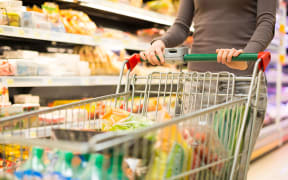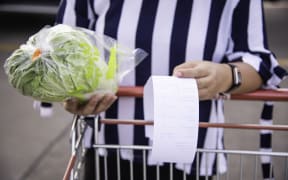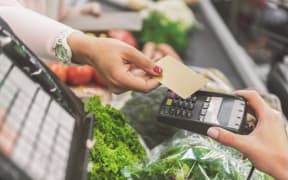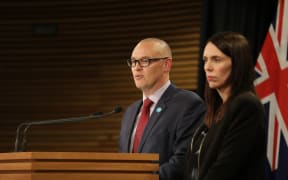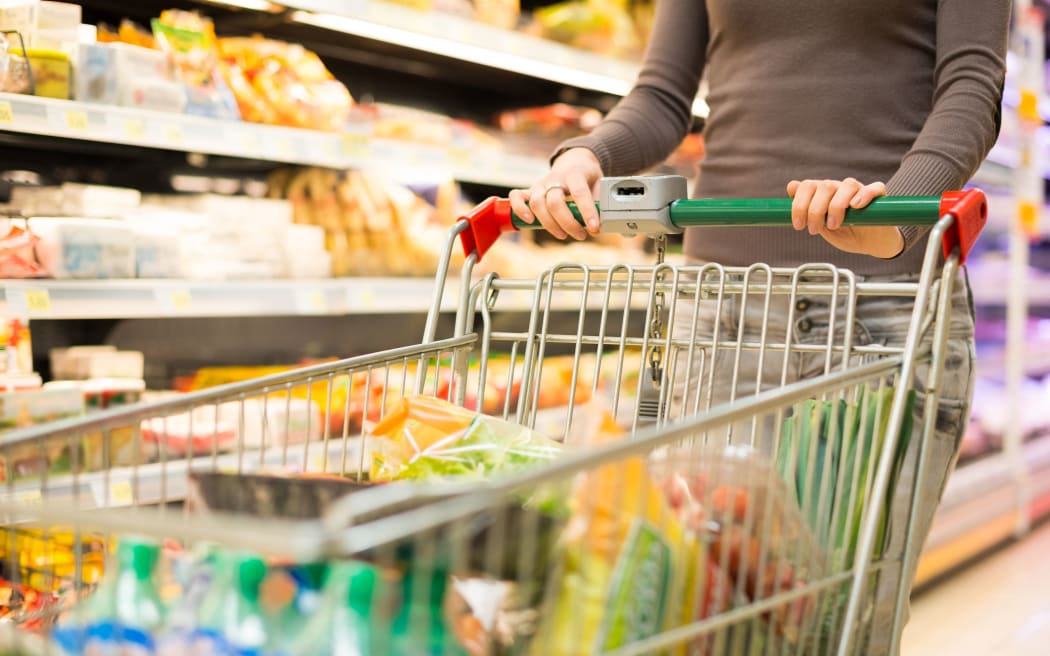
Stock image. Photo: 123RF
At many supermarkets, tomatoes cost $15 per kilogram.
A bag of Homebrand potato chips is $1.50, and a litre of soft drink is $0.90.
For many families, the choice is obvious. Why get a bag of vegetables, when you could get 10 bags of chips, or 16 litres of fizzy?
The cost of food increased by 8.3 percent since last August, according to Stats NZ's food price index.
Auckland University of Technology emeritus professor of nutrition Elaine Rush said the issue was a compounding disaster.
"It's not just food that's going up, it's petrol, and mortgages," she said. "Other influences, such as climate change and the war in Ukraine are affecting our food supply. It could be the beginning of a downward spiral."
Rush was not alone in her caution. Infometrics principal economist Brad Olsen did not expect prices to drop any time soon.
He said price tags continued to outpace wages, even as unemployment remained low.
"That 8.3 percent increase highlights that, although some people are getting pay-rises, at the moment those inflationary pressures continue to move ahead of what most households can earn," he said.
But the 8.3 percent figure was not across the board. Some foods, like fruits and vegetables, are nearly 15 percent higher than last year.
"A lot of our fresh produce is continuing to increase in price," Olsen said. "Partially down to weather, but also we're seeing huge cost increases that are hitting our farmers and horticulturalists."
He said farmers were spending more on their expenses, such as fertiliser, driving their prices even higher.
But in the next aisle, the price tags on soft drinks had increased by less than 4 percent.
Olsen said the enormous price disparity was pushing people into unhealthy lifestyles.
"If there is a move away from healthier but more expensive products, towards less healthy but more affordable products - from an economic point of view that's challenging, but from a healthcare point of view it's even worse."
Elaine Rush warned the issue could have a long term impact on the health system.
She said the government was focused too much on treatment, and not enough on prevention.
"Somehow, in public health, we don't invest in feeding people well," she said. "We invest a huge amount in pharmaceuticals and healthcare, but a lot of that could be prevented if we were fed better."
Auckland City Mission distributed 65,000 food parcels last year, enough for about 3 million meals. Missioner Helen Robinson said that when she first started nine years ago, the organisation distributed a sixth of that amount.
She said housing costs were swallowing people's incomes and driving them to the mission's doorstep.
"It was very common to hear that two thirds, or three quarters of someone's income was just going toward rent," Robinson said.
"The real challenge before New Zealand is: how do we stabilise housing costs, and how do we increase incomes?"
Auckland City Mission experienced massive demand during the first lockdown, and that demand had persisted even two years later.
"Over the last couple of months demand has certainly been steady," Robinson said.
"It's not been the kind of demand we saw during the peak of the lockdown, it has decreased, but nowhere near the level it was before Covid."
She estimated that one in every five New Zealanders struggled to afford food.

